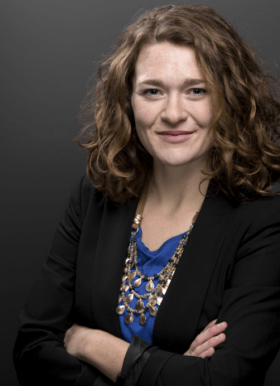
Diana O’Brien
Professor, Political Science
PhD, Washington University in St. Louis
- Email: dzobrien@wustl.edu
Diana Z. O’Brien studies the causes and consequences of women’s political representation. Her work examines gender and political parties, legislative politics, and executive branch politics, as well as citizens’ responses to women’s presence in politics.
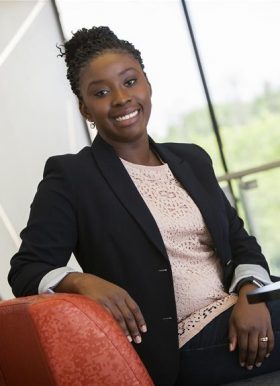
Alvitta Ottley
Assistant Professor, Computer Science & Engineering
PhD, Tufts University
- Email: alvitta@wustl.edu
Alvitta Ottley’s current research interests include information visualization, human-computer interaction and visual analytics.
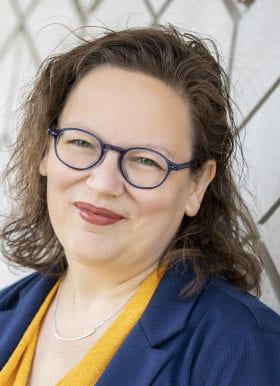
Michelle Oyen
Associate Professor, Biomedical Engineering
PhD, University of Minnesota
- Email: oyen@wustl.edu
She has researched engineering approaches to pregnancy and women’s health for over twenty years, particularly in methods to prevent, diagnose, and intervene in preterm birth. Current research projects include multi-scale modeling of placenta function, microstructural fracture models for amniotic sac rupture, and physical properties of the healthy and pathological uterus.
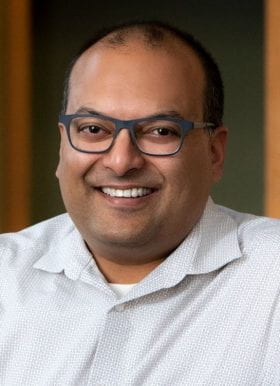
Neal Patwari
Professor, Electrical & Systems Engineering
Professor, Computer Science & Engineering
PhD, University of Michigan
- Email: npatwari@wustl.edu
Professor Patwari performs research in statistical signal processing, including new algorithms for wireless networking and radio frequency sensing, and studying the inequitable effects of estimators and classifiers in automated decision systems and societal feedback loops.

Philip R.O. Payne
Professor and Director, Institute for Informatics
Professor, Computer Science & Engineering
PhD, Columbia University
- Email: prpayne@wustl.edu
Dr. Payne is the founding director of the Institute for Informatics (I2) at Washington University in St. Louis, where he also serves as the Robert J. Terry Professor and Professor of Computer Science and Engineering. He is an internationally recognized leader in the field of clinical research informatics (CRI) and translational bioinformatics (TBI). His research portfolio is actively supported by a combination of NCATS, NLM, and NCI grants and contracts, as well as a variety of awards from both nonprofit and philanthropic organizations.
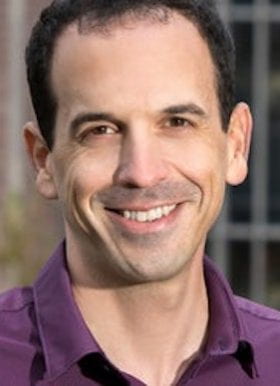
Netanel Raviv
Assistant Professor, Computer Science & Engineering
PhD, Technion
- Email: netanel.raviv@wustl.edu
Raviv joined the McKelvey School of Engineering from the California Institute of Technology on Oct. 1, 2019, where he was a Postdoctoral Researcher in the Department of Electrical Engineering. Previously, he was a Postdoctoral Researcher at Tel-Aviv University in Israel. During his PhD he interned at IBM, Microsoft, MIT and the University of Toronto. He is a recipient of the IBM PhD fellowship and the first prize in the Feder family competition for best student work in communication technology.
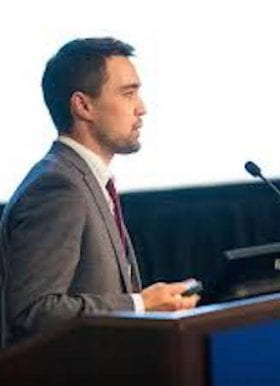
Zachariah Reagh
Assistant Professor, Psychological & Brain Sciences
PhD, University of California, Irvine
- Email: zreagh@wustl.edu
Reagh’s research is motivated by two main questions: (1) How does the human brain parse, store, and retrieve dynamic experiences, like those we encounter in our everyday lives? (2) How do these processes change in healthy aging and with age-related pathology, such as Alzheimer’s disease? To answer these questions, the Cognitive Neuroscience of Memory and Aging (CNMA) Lab uses realistic stimuli (such as movies and stories) in combination with behavioral experiments and neuroimaging techniques. Recent studies in the lab focus on distinct contributions of different brain networks to building memories for events, and selective vulnerabilities of these networks in neurocognitive aging.
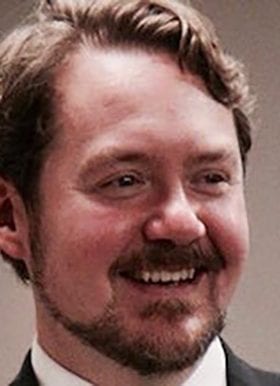
Andrew Reeves
Associate Professor, Political Science
PhD, Harvard University
- Email: reeves@wustl.edu
Research examines the interchange between institutions and behavior with a focus on political accountability in the United States. My work has appeared in the American Political Science Review, the American Journal of Political Science, and the Journal of Politics, among other outlets.
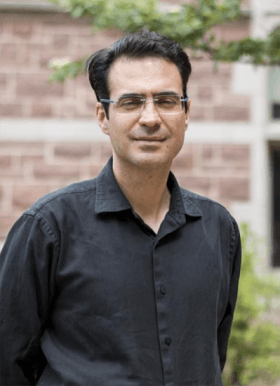
Guillermo Rosas
Associate Professor, Political Science
PhD, Duke University
- Email: grosas@wustl.edu
Guillermo Rosas’ research focuses on the economic consequences of political regimes and on the effect of political institutions on behavior of political elites in Latin America. He teaches courses on Latin American Politics, Comparative Politics and Political Economy, and Linear Models.
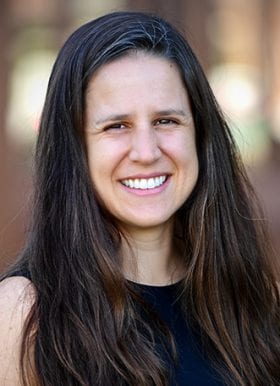
Betsy Sinclair
Professor, Political Science
PhD, California Institute of Technology
- Email: bsinclai@wustl.edu
Interests are located in American politics and political methodology with an emphasis on individual political behavior. Additional focus on networks, causal inference and contagion in experimental data, and the capacity of NLP to discern political and institutional differences in elected officials’ social media content.
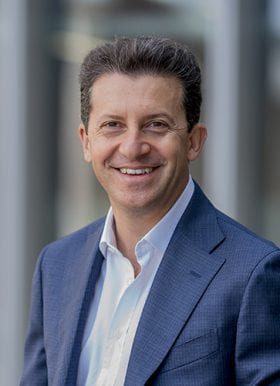
Bruno Sinopoli
Professor and Chair, Electrical & Systems Engineering
PhD, University of California, Berkeley
- Email: bsinopoli@wustl.edu
Sinopoli’s research focuses on robust and resilient design of cyber-physical systems, networked and distributed control systems, distributed interference in networks, smart infrastructures, wireless sensor and actuator networks, cloud computing, adaptive video streaming applications and energy systems.
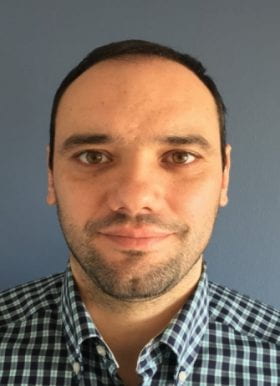
Aristeidis Sotiras
Assistant Professor, Radiology
PhD, Ecole Centrale Paris
- Email: aristeidis.sotiras@wustl.edu
Aristeidis Sotiras, PhD, is focused on developing and applying machine learning and image analysis techniques to extract and integrate relevant information from images and other clinical data toward improving patient-specific diagnosis and prognosis.
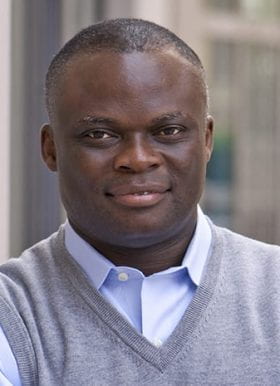
Fred Ssewamala
Associate Dean for Transdisciplinary Faculty Research, Brown School
PhD, Washington University in St. Louis
- Email: fms1@wustl.edu
Fred Ssewamala leads innovative, interdisciplinary research that informs, develops and tests economic empowerment and social protection interventions aimed at improving life chances and long-term developmental impacts for children and adolescent youth impacted by poverty and health disparities in low resource communities.
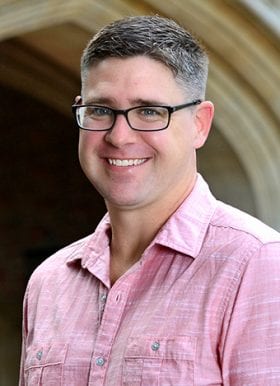
Joe Steensma
Professor of Practice, Brown School
EdD, Indiana Wesleyan University
- Email: jsteensma@wustl.edu
Dr. Steensma is a Certified Industrial Hygienist who has spent his career studying environmental exposures. He employs various monitoring and modeling techniques to estimate personal exposures to environmental agents. A practitioner and scholar, Dr. Steensma has worked with hundreds of companies, governmental entities, and NGOs to reduce the risks associated with exposures in the workplace and ambient environment. His work is truly transdisciplinary and he has worked with colleagues (in the academic setting and in industry) around the world to identify environmental health risks and develop scalable solutions.
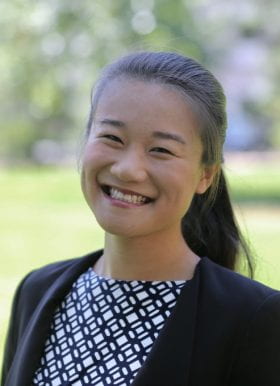
Jessie Sun
Assistant Professor, Psychology and Brain Sciences
PhD, University of California, Davis
- Email: sjessie@wustl.edu
Jessie Sun’s research examines two fundamental aspects of the good life—well-being and morality—in real-world contexts. Specifically, her research aims to understand how people can balance the pursuit of personal well-being with broader moral concerns. Towards this end, she has three main lines of research. First, she examines which kinds of social interactions matter for well-being, and whether different people benefit more from different kinds of social interactions. Second, she studies the causes and consequences of moral improvement. Third, she investigates the psychological connections and tradeoffs between well-being and morality. She uses a range of naturalistic methods to study people in real-world contexts, including experience sampling, audio recordings of people’s everyday conversations, informant reports, and daily life interventions.
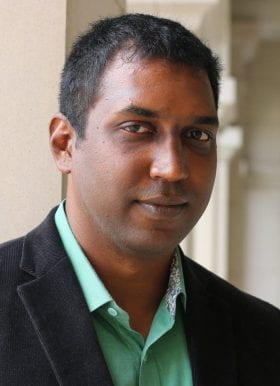
Joshua Swamidass
Associate Professor, Pathology & Immunology
Associate Professor, Biomedical Engineering
MD, University of California, Irvine
PhD, University of California, Irvine
- Email: swamidass@wustl.edu
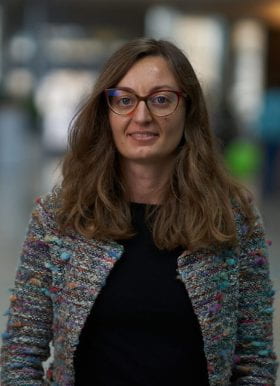
Gaia Tavoni
Assistant Professor, Radiology
PhD, École Normale Supérieure
- Email: gaia.tavoni@wustl.edu
The Tavoni laboratory develops theories and models to understand fundamental principles of brain function, from sensory coding to memory and decision making. We are particularly interested in studying how information representation and processing in brain networks is optimized to drive effective decisions in dynamic environments. Investigating these optimality principles is necessary to ultimately understand their disruptions in brain disease.

Yevgeniy Vorobeychik
Associate Professor, Computer Science & Engineering
PhD, University of Michigan
- Email: yvorobeychik@wustl.edu
Yevgeniy Vorobeychik’s work focuses on game theoretic modeling of security and privacy, adversarial machine learning, algorithmic and behavioral game theory and incentive design, optimization, agent-based modeling, complex systems, network science and epidemic control.
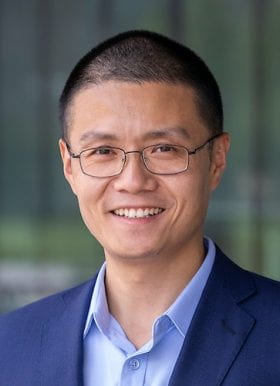
Chenguang Wang
Assistant Professor, Computer Science & Engineering
PhD, Peking University
- Email: chenguangwang@wustl.edu
Chenguang has broad interests in natural language processing and machine learning. His work focuses on techniques and systems for making NLP trustworthy in real-world settings. His recent work focuses especially on the zero- or few-shot learning performance, security, interpretability, robustness, ethics, and blockchain applications of deep learning models. He has created several open-source deep learning systems, including AutoGluon and GluonNLP. His research has been deployed in real-world scenarios ranging from science to industry.
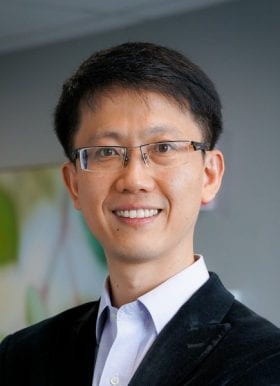
Yong Wang
Associate Professor, Obstetrics and Gynecology
- Email: wangyong@wustl.edu
My lab, integrated biomedical imaging lab (IBIL), focuses on developing novel imaging systems and clinically translating those imaging systems to solve clinical questions through extensive studies and trials. We develop and employ novel computation methods (e.g., conventional regularization methods and machine learning-based methods) to solve the inverse problem at the core of the imaging systems. In addition, we generate and have access to large clinical databases (imaging data and clinical data). We invest significant effort and resources into modern data science methods to extract and represent the hidden information in our images and data. We believe connecting IBIL with DCDS will bring mutual benefits to both parties.
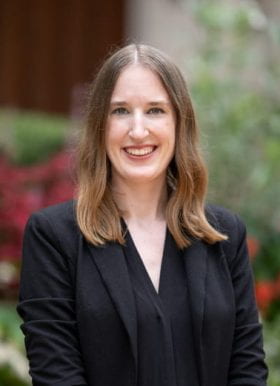
Emily Willroth
Assistant Professor, Psychology and Brain Sciences
PhD, University of California, Berkeley
- Email: emily.w@wustl.edu
Emily Willroth’s research focuses on well-being and health across the lifespan. Specifically, her current research examines how different components of well-being (e.g., emotion, life satisfaction, sense of purpose) vary and change across time, both in the short-term from moment-to-moment and in the long-term across the adult lifespan. She applies insights from this research to examine links between well-being and important health outcomes in middle and older adulthood, such as chronic illness, mortality, and dementia risk.
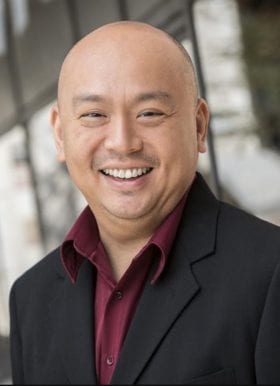
William Yeoh
Track Chair, Computational Methodologies
Associate Professor, Computer Science & Engineering
PhD, University of Southern California
- Email: wyeoh@wustl.edu
Professor Yeoh’s research focuses on artificial intelligence with an emphasis on developing optimization algorithms for agent-based systems. His primary expertise is in distributed constraint optimization, where his goal is to develop and deploy such algorithms in multi-agent systems including smart grid and smart home applications as well as cloud and edge computing applications.
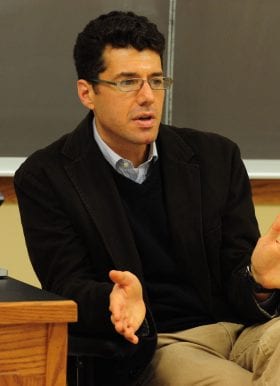
Jeffrey Zacks
Professor and Chair, Psychological & Brain Sciences
PhD, Stanford University
- Email: jzacks@wustl.edu
Jeff Zacks’s laboratory studies human perception, thinking, and memory using converging cognitive neuroscience methods. Research in the lab explores two main areas – how we perceive and represent temporal structure in everyday activity and how we process spatial relationships between the body and external objects. Research methods combine behavioral experimentation, eye-tracking, functional neuroimaging studies, and information technology design. We work with large stimulus corpora and large behavioral and neurophysiological datasets drawn from healthy adults and children, and people with neurological and psychological disorders.
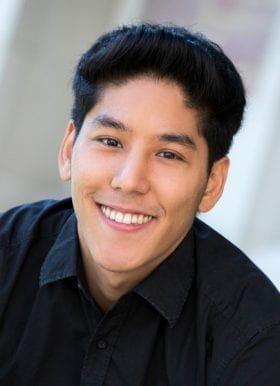
Shen Zeng
Assistant Professor, Electrical & Systems Engineering
PhD, University of Stuttgart
- Email: s.zeng@wustl.edu
My research is focused on dataintegrated computational approaches for controlling complex dynamic systems. The approaches developed in my lab bridge rigorous systems theoretic frameworks with efficient computational tools from machine learning and computational mathematics.
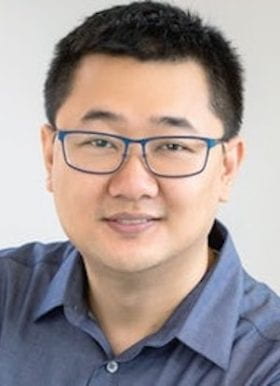
Ning Zhang
Assistant Professor, of Computer Science & Engineering
PhD, Virginia Polytechnic Institute and State University
- Email: zhang.ning@wustl.edu
Professor Zhang joined the Department of Computer Science & Engineering at Washington University in Fall 2018. Prior to that, he was a principal cyber engineer/researcher and technical lead at Cyber Security Innovations of Raytheon. Throughout his eleven-year career at Raytheon, he has worked to protect various critical networked and cyber-physical infrastructures.